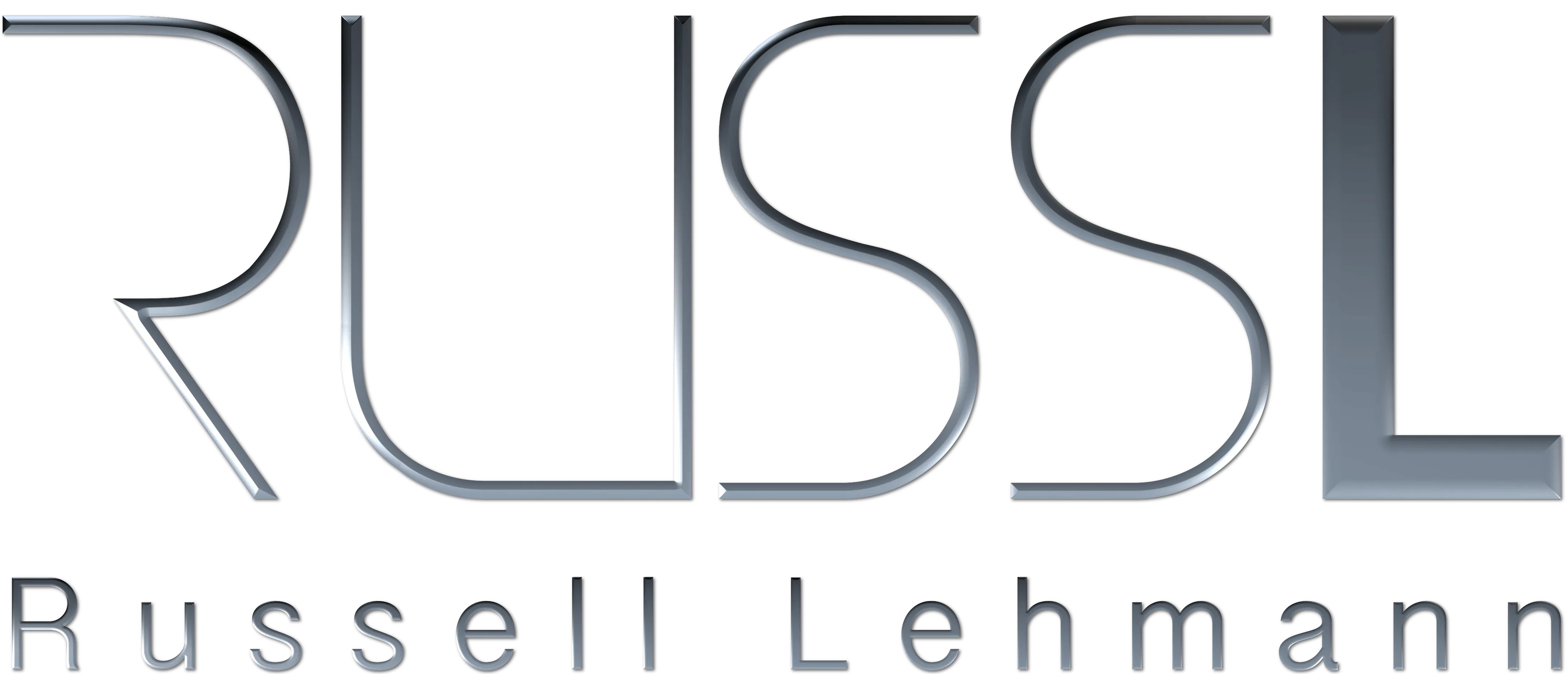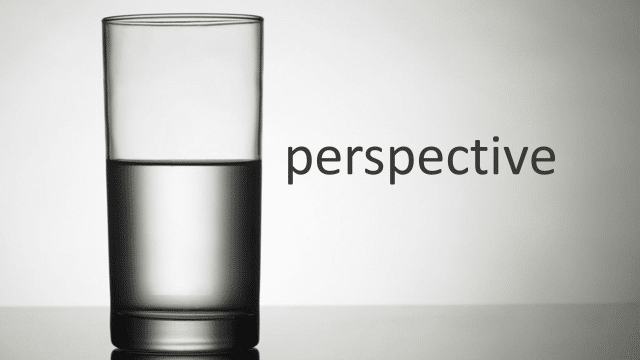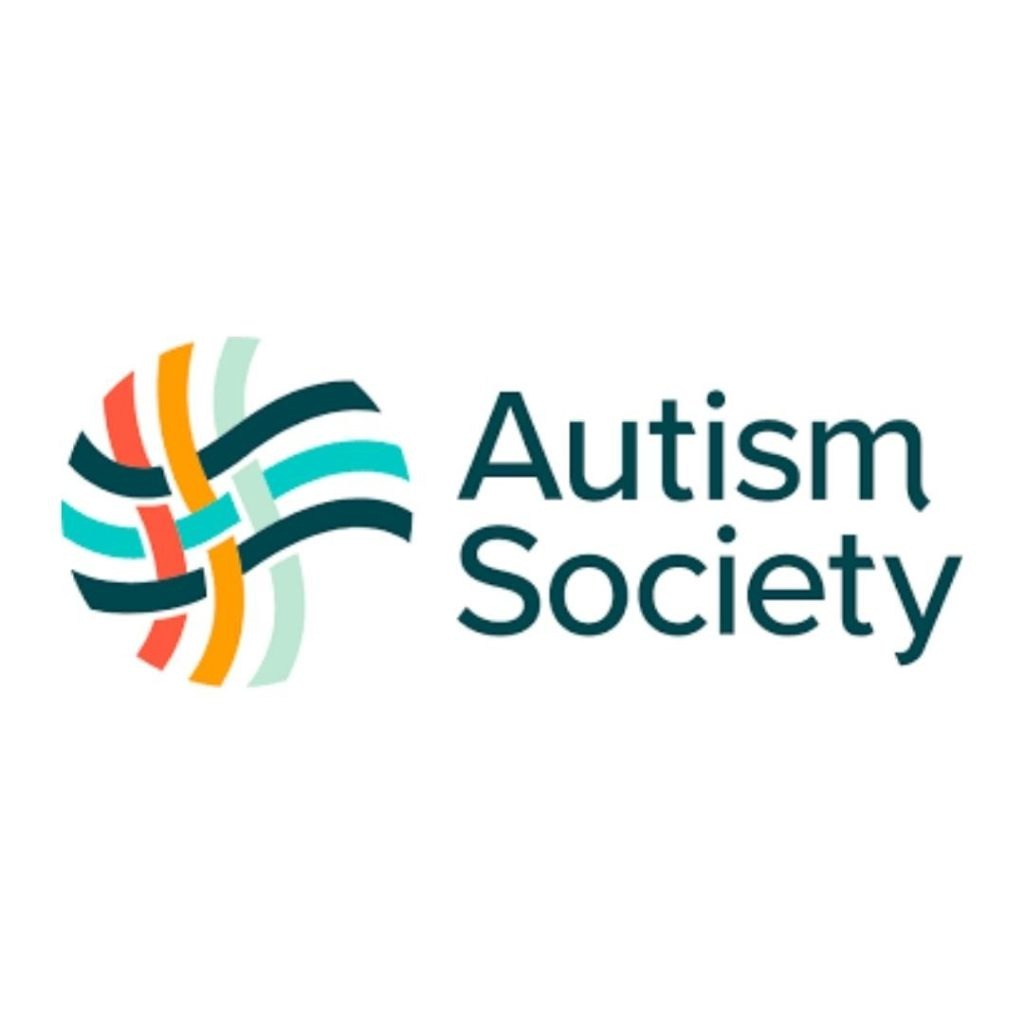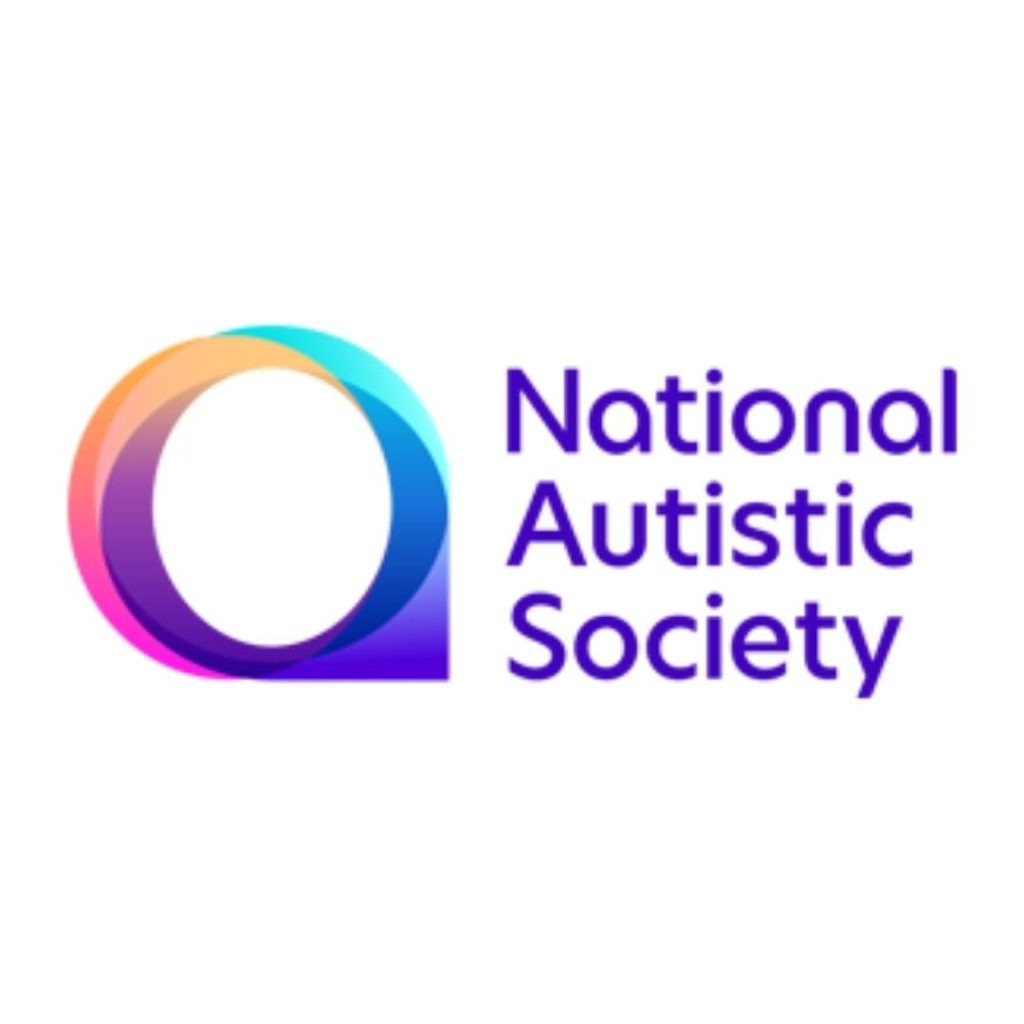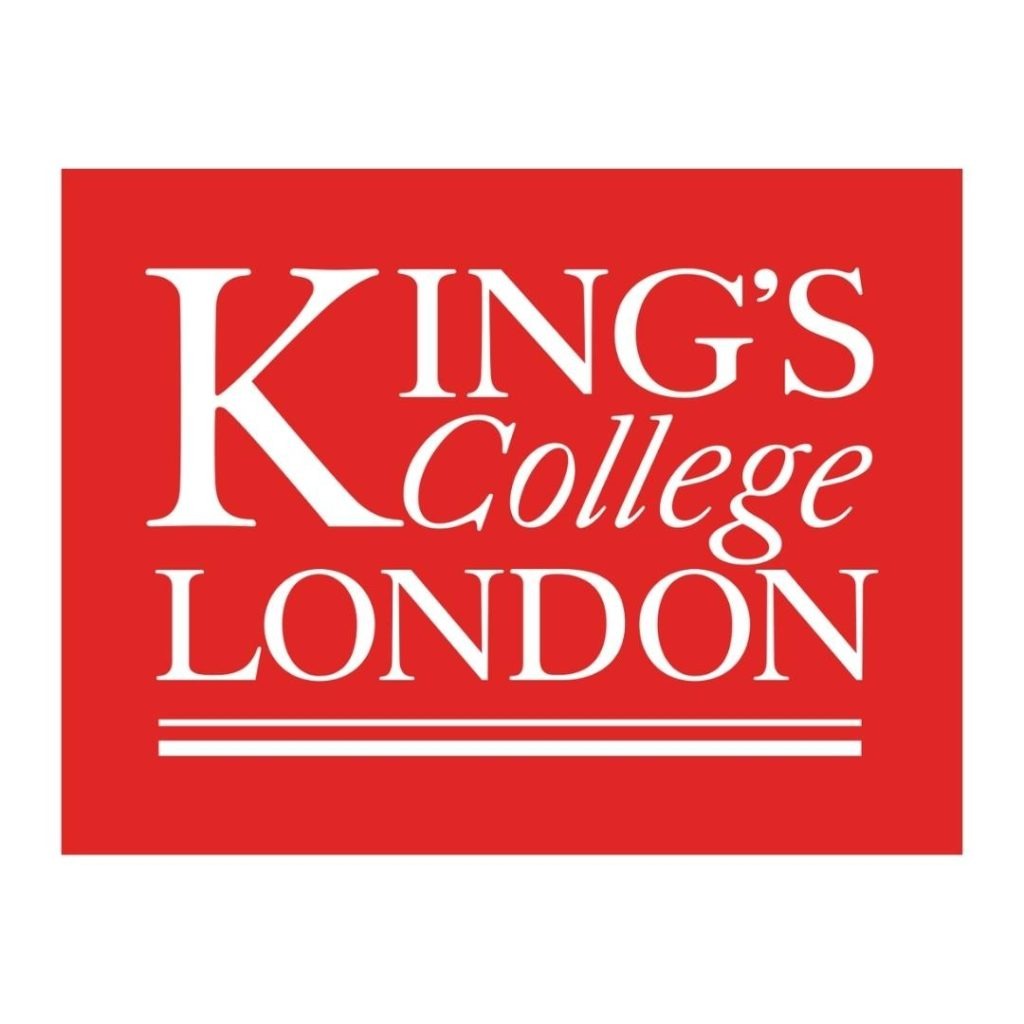When we think of progress, we often frame it as a linear path from one state to another: from unemployed to employed, from dependent to independent, from excluded to included. These are powerful goals, but they also create rigid dichotomies; polarities that often leave out a deeper, more nuanced truth. For individuals with disabilities, these polarities don’t always capture the full experience of life. You can be employed but still feel excluded. You can be independent but still crave support. You can achieve societal milestones but feel disconnected from joy.
The reality is that navigating life, especially for those with disabilities, is about balancing these polarities rather than achieving one “correct” state. As we chart the path forward, it’s important to focus on the larger truths these contradictions share, and, more importantly, to measure success not by societal standards but by the richness of life itself.
The Fallacy of “Success”
Society tends to equate success with external achievements: getting a job, living independently, or being included in mainstream spaces. But these achievements don’t necessarily lead to happiness. For people with disabilities, achieving these milestones may not bring fulfillment if they are constantly battling environments that don’t understand their needs or if they are isolated despite meeting societal expectations.
The “joy quotient” should be much higher on the list of priorities than ticking off societal achievements. What good is landing a job if the workplace doesn’t feel welcoming? What value is there in independence if it comes at the cost of emotional support? In other words, success without joy is hollow.
Unemployed vs. Employed: Redefining Work and Contribution
Employment is often seen as a marker of success, but for individuals with disabilities, the path to meaningful work is more complex. While employment can foster independence, it’s not the only way to contribute to society. Volunteering, advocacy, creative expression, or simply being a positive presence in someone’s life are all valid forms of contribution that often go unrecognized.
Instead of focusing solely on whether someone is employed or not, we should focus on whether they feel fulfilled and valued in what they do. For some, that may mean traditional employment; for others, it might mean different ways of engaging with the world. The larger truth here is that contribution comes in many forms, and we must recognize and celebrate them all.
Independent vs. Dependent: The Spectrum of Support
Independence is frequently held up as the ultimate goal for people with disabilities, but it’s important to acknowledge that dependence and independence are not opposites; they exist on a spectrum. We all rely on others for support at various points in our lives, whether emotionally, physically, or financially.
For individuals with disabilities, being fully “independent” can sometimes be an isolating or unattainable ideal. What’s more important is having the freedom to make choices, even if those choices involve accepting help. The larger truth is that autonomy doesn’t mean being free from support; it means having the power to decide what kind of support works best for you.
Included vs. Excluded: Beyond Physical Spaces
Inclusion is another important but complex polarity. Many efforts to promote inclusion focus on getting people with disabilities into mainstream schools, workplaces, and social spaces., but physical presence is only one form of inclusion. True inclusion means being fully accepted and understood, not just present.
You can be “included” in a space but still feel excluded emotionally or socially. On the other hand, you might find joy in a smaller, more intimate community that truly understands and values you, even if it’s not considered part of the mainstream. Inclusion is not just about being in the room; it’s about feeling like you belong there.
The Joy Quotient: A Higher Measure of Success
At the end of the day, joy is the ultimate indicator of a life well-lived. For individuals with disabilities, joy often comes not from societal achievements but from moments of connection, creativity, and self-expression. It’s about living in environments that understand and support them, about relationships that nourish rather than deplete, and about the freedom to be themselves, no matter what society says success should look like.
As we chart the path forward, we must embrace these polarities and recognize that success for one person may look very different from success for another. We need to shift our focus away from rigid benchmarks like employment or independence and instead prioritize quality of life, joy, and fulfillment.
By embracing the contradictions, we unlock the larger truth: that life is not about reaching one perfect state but about balancing between them in a way that brings genuine joy. In this more holistic vision of success, everyone, regardless of ability, has the opportunity to thrive.
If you’re ready to explore how embracing polarities can foster true inclusion and improve the quality of life for individuals with disabilities, contact Russell for a curated presentation that will challenge perspectives and inspire lasting change.

